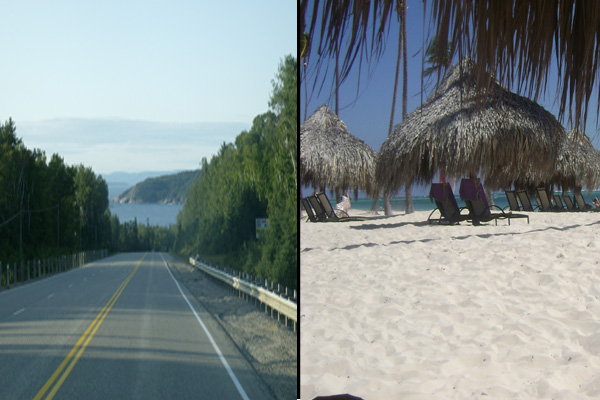Point/Counterpoint
Sofia Hashi | Fulcrum Staff
It’s a question that has been debated time and time again, on and off campuses: Is higher education a right or a privilege? With the London riots almost two years ago and the province of Quebec more recently coming to a near standstill over a proposed tuition hike, there’s no question that education is important and people take it seriously.
While this discussion is by no means new, it has been brought into the spotlight once again by the recent student solidarity tour across Ontario, which aims to lower tuition fees in our province. Supporters believe that tuition increases will make post-secondary education inaccessible. But even as they fight vehemently to keep that from happening, many others see things quite differently.
Point: It’s a privilege
Education is a right, but higher education—attending university—is a privilege. This argument may not be politically correct, or even the mainstream way of thinking, but it’s the truth.
When discussing access to education, one of the main arguments tirelessly and repeatedly brought up is tuition fees. Here in Ontario, it’s no secret that we pay more for post-secondary education than any other province, at approximately $6,000 a year—money that for most students is not chump change. Nevertheless, it’s the price the province has deemed acceptable to charge university goers. Also, fees are only increasing, which is why so many students are up in arms over tuition prices.
“Look to the future,” protestors cry out. “Students can’t possibly continue to pay these fees, and soon enough there won’t be that many students in university.” But is this even a sound argument?
If access to education is what they’re worried about, maybe these protestors should look at other—arguably greater—barriers to post-secondary education. These other obstacles begin way before anyone sets foot on a university campus. The fact of the matter is that preparation and information about university while in high school is equally as important to how much a university, or college, education costs. Furthermore, your parents’ influence and education level affects your decision whether to enrol in university. These are all factors that aren’t controlled by tuition costs, but can be cited as barriers to post-secondary education.
Universities are also selective by nature. They choose some applicants over others. Usually this choice boils down to academic excellence and your interest in investing in your education. No one has the “right” to be a scholar. What we do have the right to is to not be discriminated against by universities because of our race, religion, political beliefs, gender, or sexuality.
Furthermore, if you can’t afford these tuition fees, then you can turn to grants, scholarships, bursaries, and loans. The government does dole out student aid, to which many students are guilty of not even applying for. What we need to do is make potential students more aware of this kind of assistance from a younger age, so more people can enrol in higher education. Don’t argue about your right to education when you’ve practically been handed one on a silver platter.
Counterpoint: Everyone has a right to learn
I may not be a tree-hugging hippy, or an eager student protestor, but I believe that education is a right and not a privilege. In today’s world, many countries offer free schooling from ages four to 18, and after that it’s pretty much up to the parents or the student to pay for their education. This system is flawed and will only hurt society in general.
Education is the cornerstone of a well-functioning society. Informed citizens make sound decisions and sustain democracy and the nation’s political landscape. Furthermore, by making higher education more accessible, society will actually end up saving money. Think about how much cash it costs to support a teen parent, or keep an inmate incarcerated. By keeping a child in school, and sending more young adults to university, taxpayers end up saving more in the long run on social services. As well, our country loses money on the people who drop out of school or choose not to pursue a higher education, and the revenue they would’ve generated in their lifetimes. If cold, hard cash is what society is after, then clearly keeping students in school and making higher education more accessible would only generate more profits.
As students, juggling classes, a social life, and an adequate amount of sleep is difficult enough. Now imagine adding a part-time or even full-time job to the rotation. The fact is that financial aid barely covers tuition and book fees, much less living expenses. Students face enough stresses before struggling to make ends meet. Without the support of parents, or a large scholarship, it’s nearly impossible to attend university full time and receive a diploma in four years.
If higher education was recognized as a right, and tuition fees were drastically lowered, we would see more youth considering university or college. For a country that prides itself on equality, it seems unfair that post-secondary education favours more affluent students. Everyone should have a chance at an education, regardless of how much money they have in their pocket.


